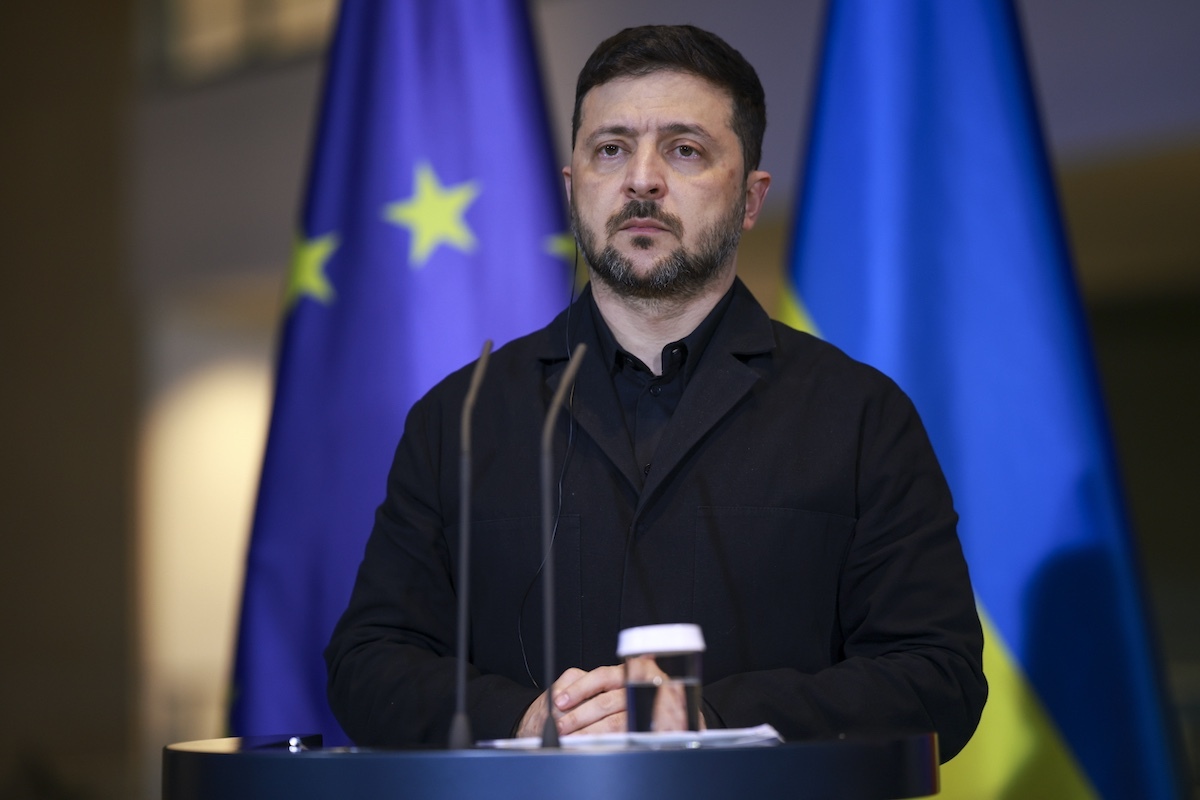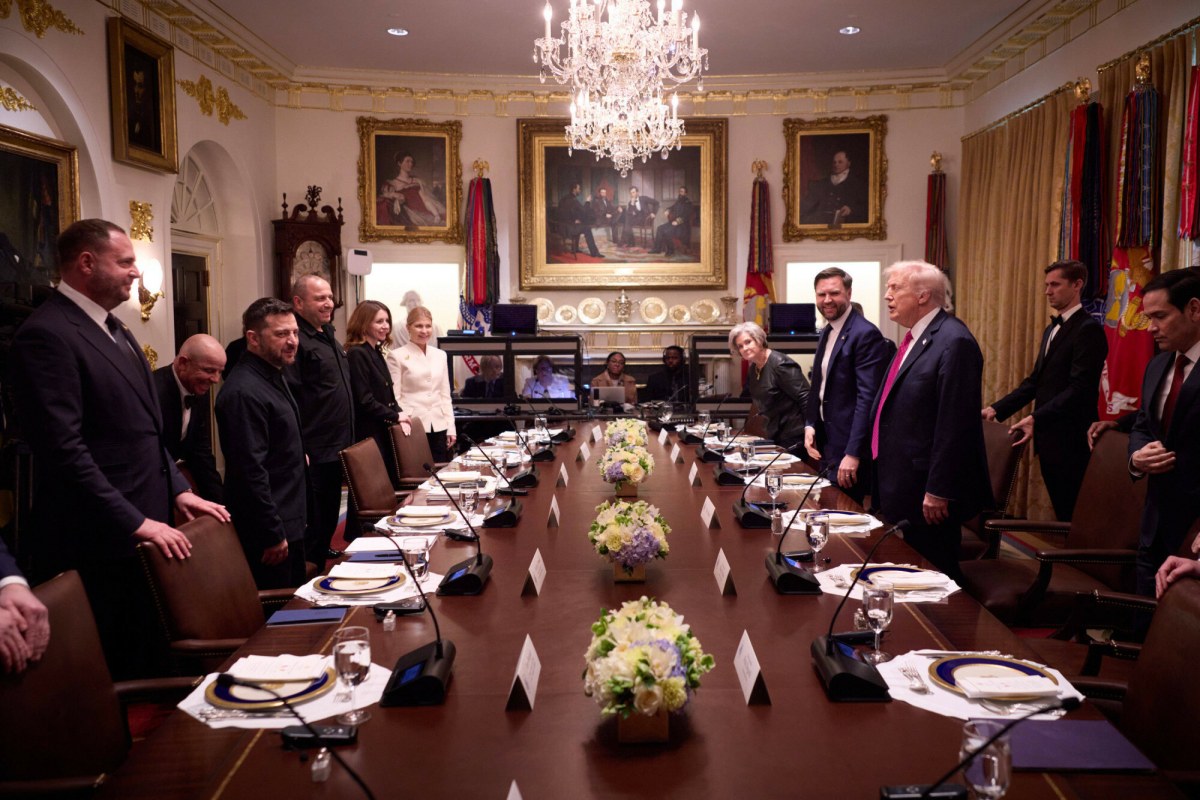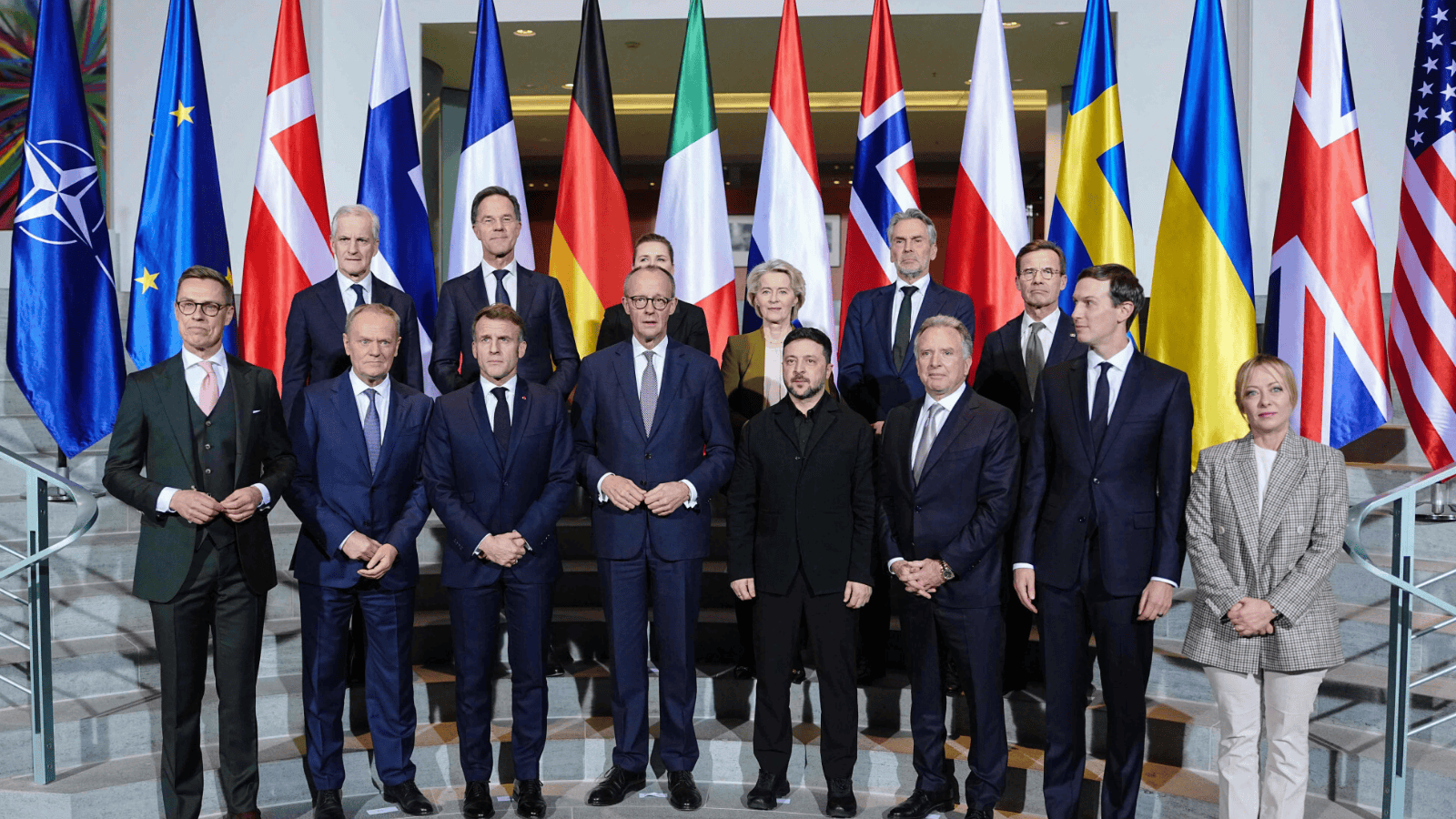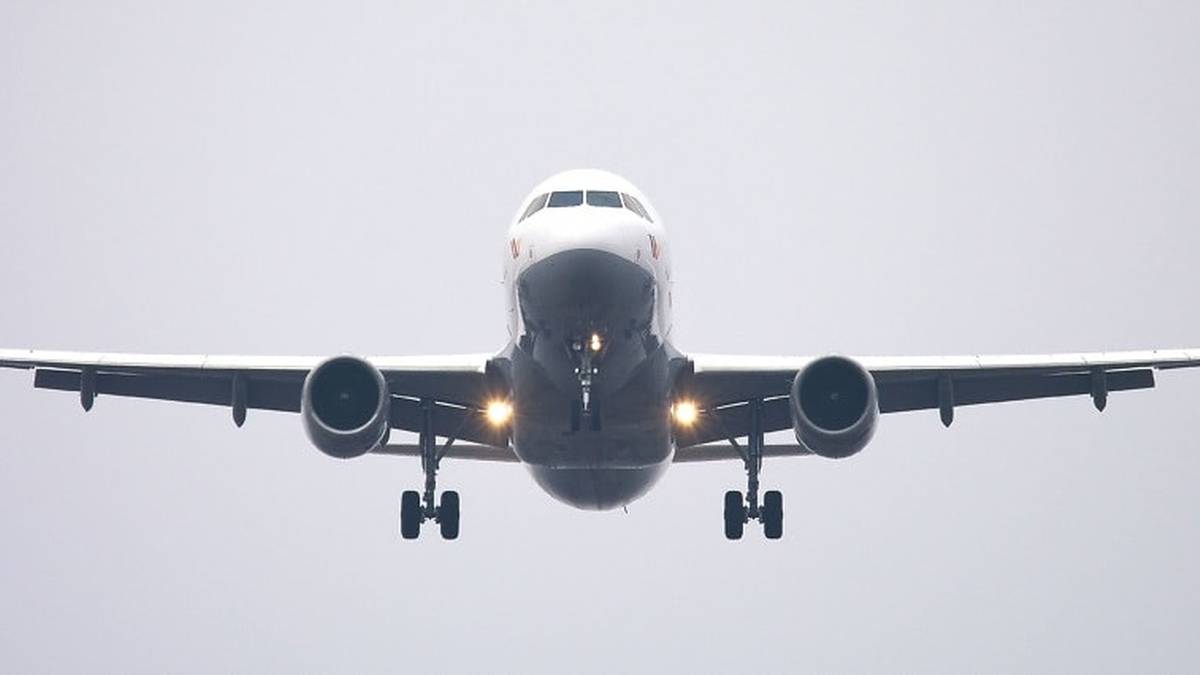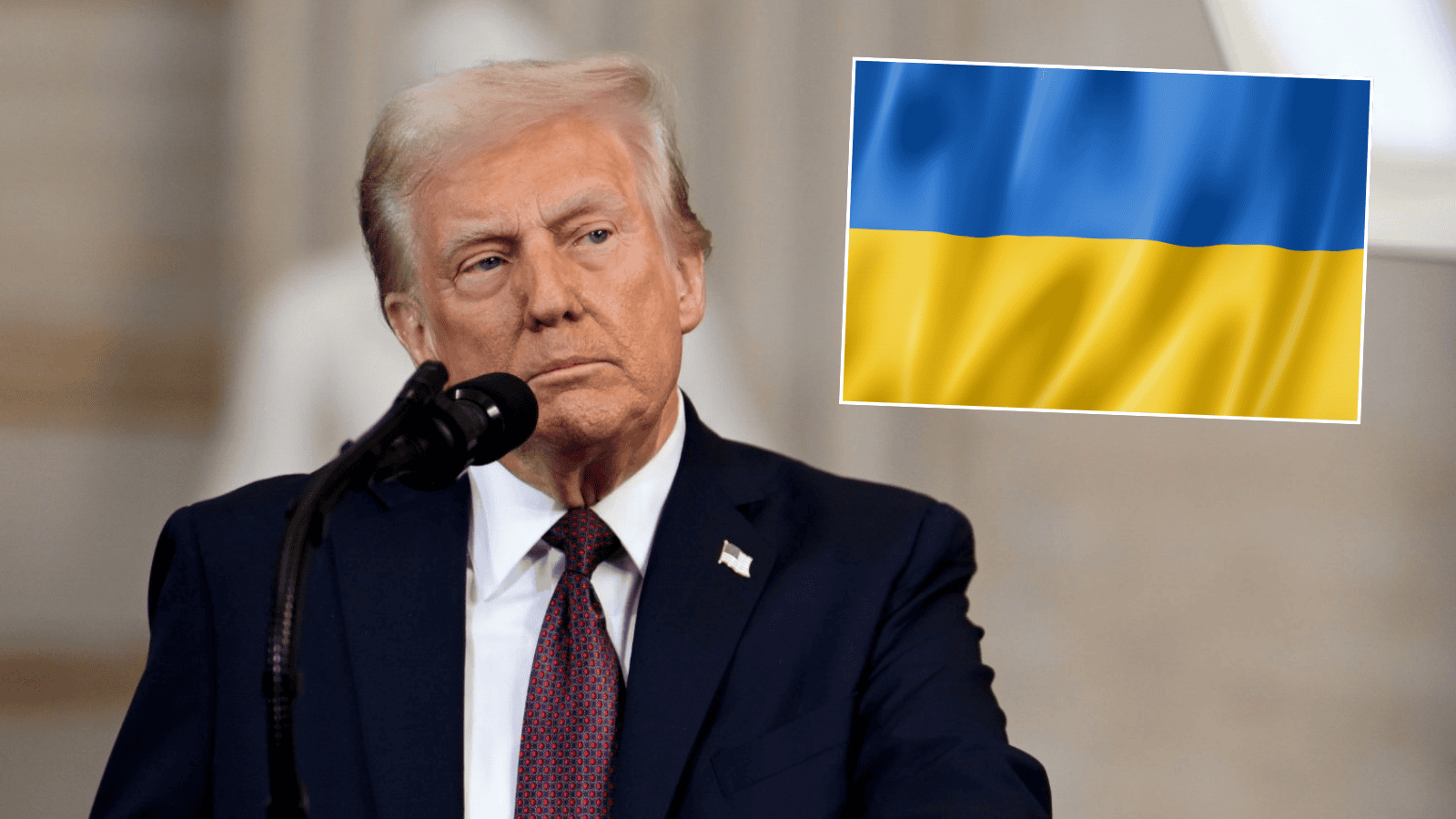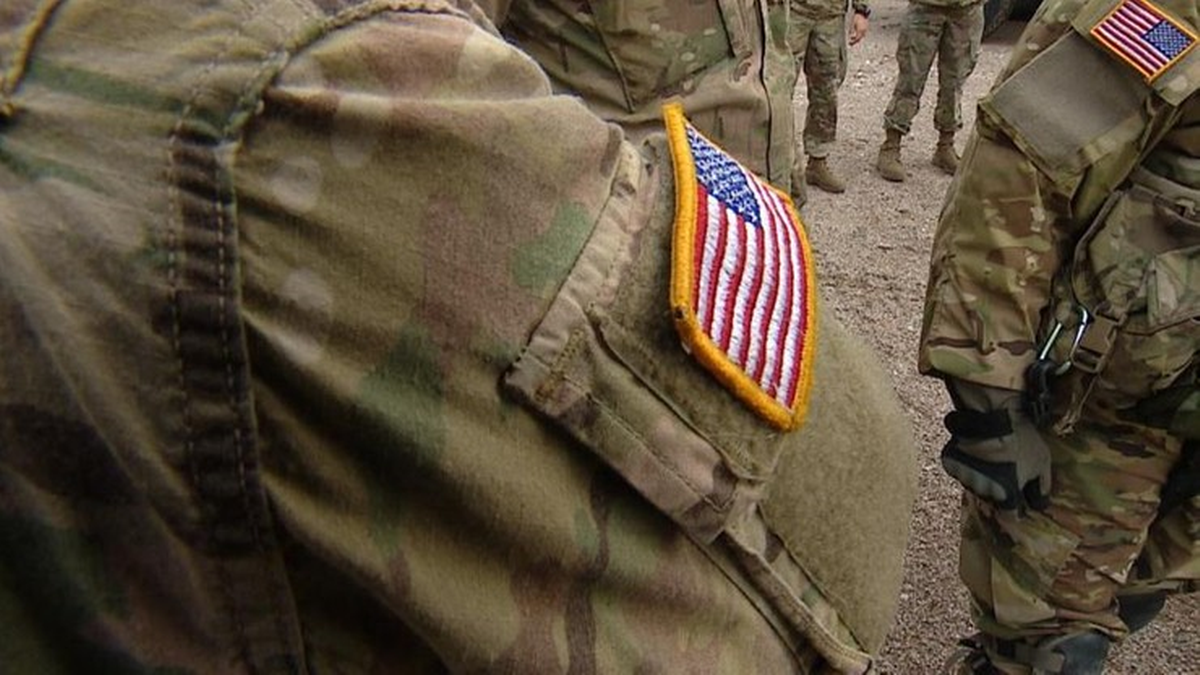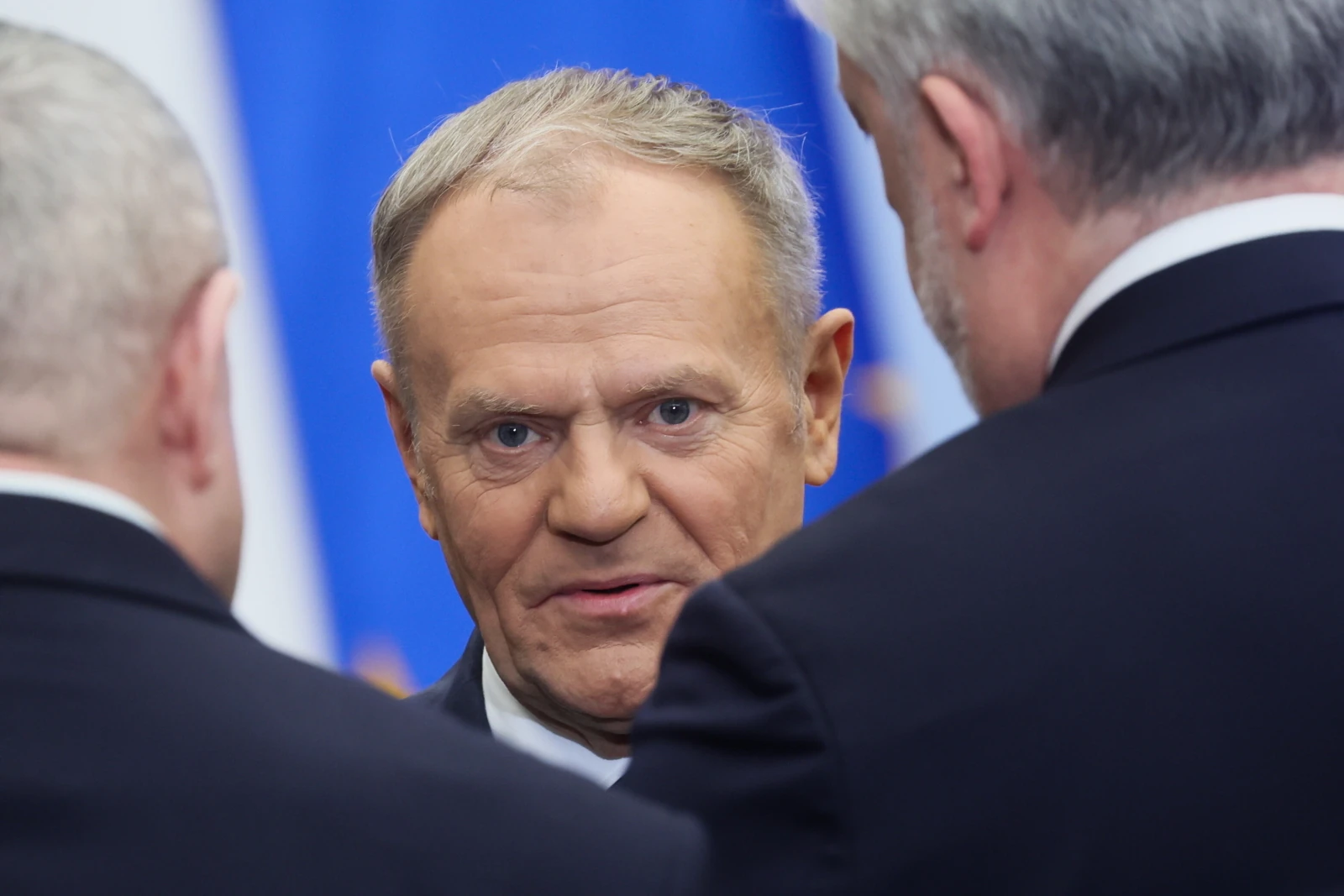US and Ukrainian negotiators have crafted an "updated and refined peace framework" following talks in Switzerland, marking a potential breakthrough after a controversial leaked plan sparked international outcry. The development comes as Russia's war against Ukraine nears its fourth anniversary, with diplomatic efforts intensifying amid continued Russian attacks.
US Secretary of State Marco Rubio described Sunday's Geneva meeting as "[...] probably the most productive and meaningful meeting so far in this entire process." He added there had been "tremendous amount of progress" but acknowledged there was still some work to be done.
President Donald Trump shifted his tone dramatically, posting on Truth Social: "Is it really possible that big progress is being made in Peace Talks between Russia and Ukraine??? Don't believe it until you see it, but something good just may be happening [...]"
Europe's Counter-Proposal
Britain, France, and Germany developed their own peace proposal after initial US-Russia negotiations excluded them. The European plan differs significantly from the leaked American draft on several key points.
The European framework caps Ukraine's military at 800,000 personnel in peacetime, compared to 600,000 in the US proposal. It leaves open the possibility of Ukraine joining NATO, while the leaked US plan would have constitutionally barred Ukraine from NATO membership.
The European proposal firms up language on reconstruction, stating Ukraine must be "fully" reconstructed and compensated through Russian sovereign assets. It also offers more flexibility on elections, proposing they occur "as soon as possible" rather than within 100 days.
Ukraine's Red Lines
Ukrainian President Volodymyr Zelenskyy outlined core principles at Sweden's Crimea Platform parliamentary summit. Speaking via videolink, he emphasized that "the core principle that kept Europe peaceful longer than at any other time in its history must be respected."
Ruslan Stefanchuk, speaker of Ukraine's parliament, defined three non-negotiable "red lines": no legal recognition of Russian occupation, no restrictions on Ukraine's defense forces, and no veto on Ukraine's choice of alliances.
Zelenskyy acknowledged the difficult position Ukraine faces. "In the steps we have coordinated with the side of the U.S., we've managed to keep extremely sensitive points," he said at the virtual conference. He added: "to achieve real peace, more is needed."
Controversial Origins
The original leaked 28-point plan drew fierce criticism for appearing heavily tilted toward Russia's demands. Republican Senator Mike Rounds speculated on X that it "[...] looked more like it was written in Russian to begin with." The White House denied these accusations.
Critics accused Russian businessman Kirill Dmitriev, Putin's envoy, of drafting the plan, though he denied leaking it. Keir Giles, author of the Handbook of Russian Information Warfare, suggested the leak was an intentional "[...] shaping operation to establish this outcome in the minds of the Western public and the media [...]"
The initial proposal would have required Ukraine to cede the entirety of Donbas, limit its army to 600,000, never join NATO, and hold elections within 100 days. It also called for lifting Western sanctions on Russia and inviting Moscow back into the G8.
Soldiers' Mixed Reactions
Ukrainian frontline troops expressed divided views when the BBC interviewed them about the proposals. Yaroslav, a soldier in eastern Ukraine, dismissed the original plan as something that "sucks... no one will support it."
Others showed resignation. Snake, another soldier, said: "it's time to agree at least on something." On territorial concessions, he stated: "Let them take it. There's practically no one left in the cities and villages... We're not fighting for the people but for the land, while losing more people."
Andrii, an officer on Ukraine's general staff, called potential territorial losses "painful and difficult" but acknowledged: "We may not want to give it up, but we won't be able to hold it by military force and resources." He concluded: "If it stops the war, then it works for me."
Attacks Continue
Russia launched a deadly drone attack on Kharkiv overnight, killing four people and wounding at least 13, including two children. Oleg Synegubov, head of the Kharkiv regional military administration, described it as a "massive" strike.
The attack hit residential buildings and infrastructure as Western officials were reviewing peace proposals. Ukraine has lost a further 450 square kilometers to Russia over the past month.
European Security Concerns
Swedish Foreign Minister Maria Malmer Stenergard criticized EU support for Ukraine as "nothing but a disgrace," noting it was "smaller than the collective purchase of Russian oil and gas since the full-scale invasion." She added: "This needs to change now."
Lithuania's representative Kęstutis Budrys warned against excluding Europe from security discussions, stating: "we know what Russia wants: Russia wants to dismantle NATO, ... to push out Americans from Europe, and to review the security architecture."
German Foreign Minister Johann Wadephul called the revised talks a "decisive success," saying the plan removes all issues concerning Europe and NATO.
Finland's President Alexander Stubb described Sunday's meeting as "a step forward," but cautioned that major issues still need resolution.
Irish Foreign Affairs Minister Helen McEntee, arriving for EU meetings in Brussels on Monday, said: "I think the reports from all sides were extremely positive." She added there was "[...] further work that needs to be done" and expressed hope for continued progress throughout the week.
A joint US-Ukraine statement reaffirmed that any eventual deal would "fully uphold" Ukraine's sovereignty. The statement noted both countries "[...] agreed to continue intensive work on joint proposals in the coming days," maintaining close contact with European partners, with the presidents of Ukraine and the United States making final decisions under this framework.
Note: This article was created with Artificial Intelligence (AI).

